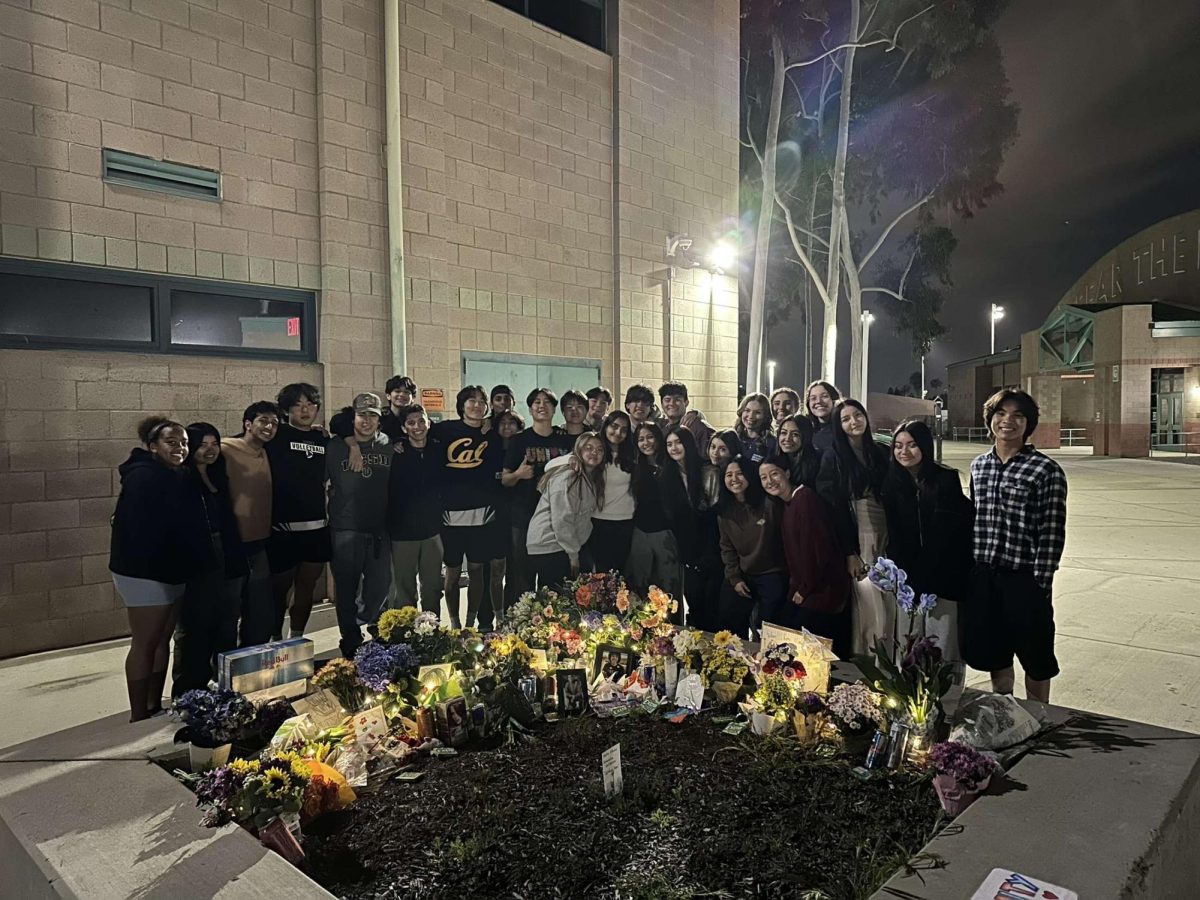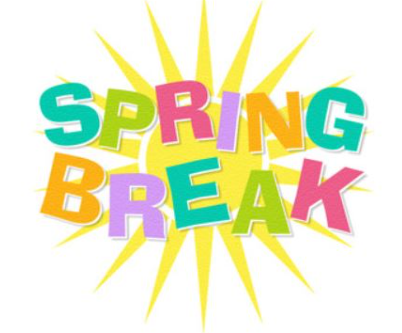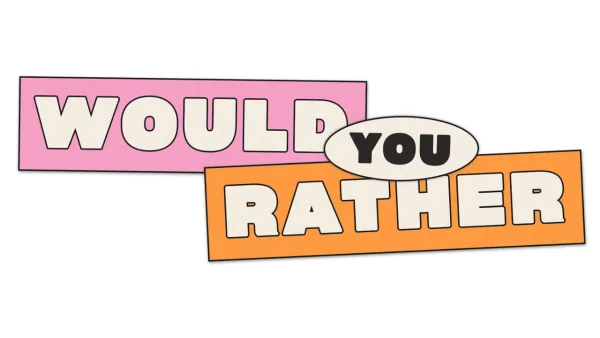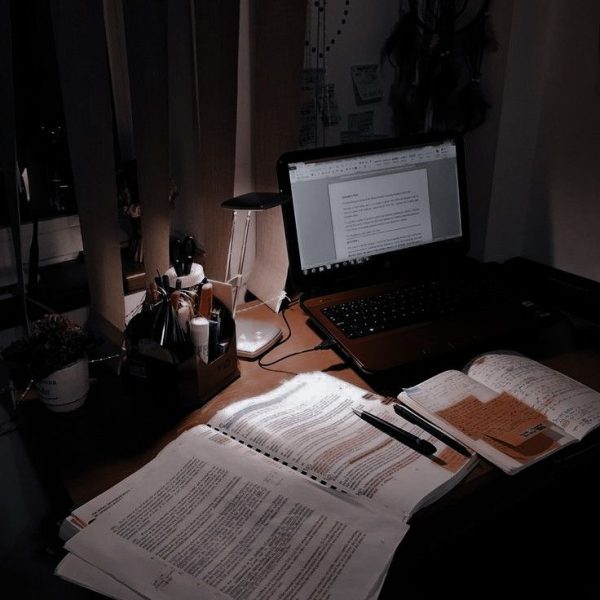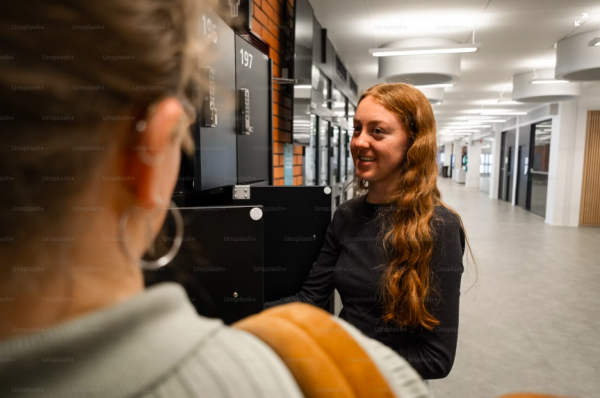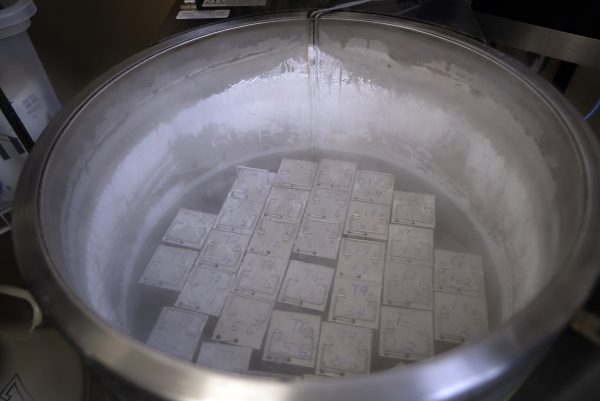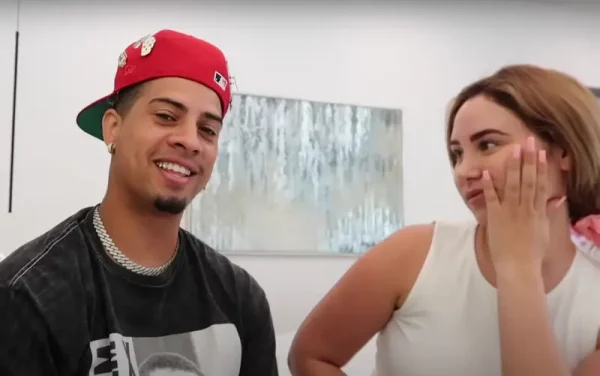Is It Really Worth It?

September 29, 2016
Are you aware of the amount of cheating occurring around you every day at school? Donald McCabe, a retired professor at Rutgers Business school, ran a study over 70 different high schools, 24,000 students, to see how many cheat on a daily basis. His results showed that 64% cheat on a test, 58% plagiarize, and 95% participate in some other form of cheating (copying homework, stealing someone else’s idea, etv.). Teachers were astonished that the percentage of cheating on a test was so low, but others believe that it is too high and something needs to be done to lower it.
Students have come up with several excuses over the years to why it is okay to cheat. Some say that it is because they didn’t have enough time to study or the fact that it is way easier than actually doing the work yourself. They blame the teacher for not telling them about the consequences that follow cheating, even though they know it is wrong, they do it anyway. If you think about it – cheating is essentially dishonesty and everyone should have an understanding of the difference between right and wrong.
In the 1940’s, 20% of college students admitted to cheating in high school. Today, an astonishing 98% of college students admit to cheating while they were in high school. Most believe that cheating has changed from a last minute action, to a new way of completing assignments. Cheating has become easier and easier due to technological advances. Professor Angelo Angelis from Hunter College stated, “Technology is giving students even more ways to cheat nowadays.” He makes a good point because it is not difficult to look up your test answers online. While there is the great temptation to copy and paste an essay online and turn it, we have to consider that you are not only cheating the teacher, you are cheating yourself. When you cheat you do not learn the information and you miss the opportunity to learn a new skill or new information which will one day help you to advance in life.
Professor Angelo Angelis, from Hunter College in New York City, was reading through his students’ essays about Paul Revere and realized that 90% contained the same sentence,”Paul Revere would never have said, ‘The British are coming, the British are coming,’ he was, in fact, British, he would have said something like, ‘the Redcoats are coming.’” He typed the sentence into google and the results shocked him. Not only had his college students plagiarized, but the statement was from a fifth grade class’s website. Today’s students seem too reliant upon the internet instead of their own knowledge. Some students diligently work to achieve great grades others cheat and receive a higher grade. Cheating is not fair to others or yourself, even if it means getting a lower grade because you did the work yourself.
If you think about it, cheating is not even worth the grade. If you plagiarize in an essay, or cheat on a test, you will more likely than not be caught and punished. Punishments can be anywhere from failing that assignment to failing the class or even getting expelled, it all just depends on the severity of the cheating. Next time you are tempted to look at your neighbor’s paper or use someone else’s words, just ask yourself if it is worth the consequences.

